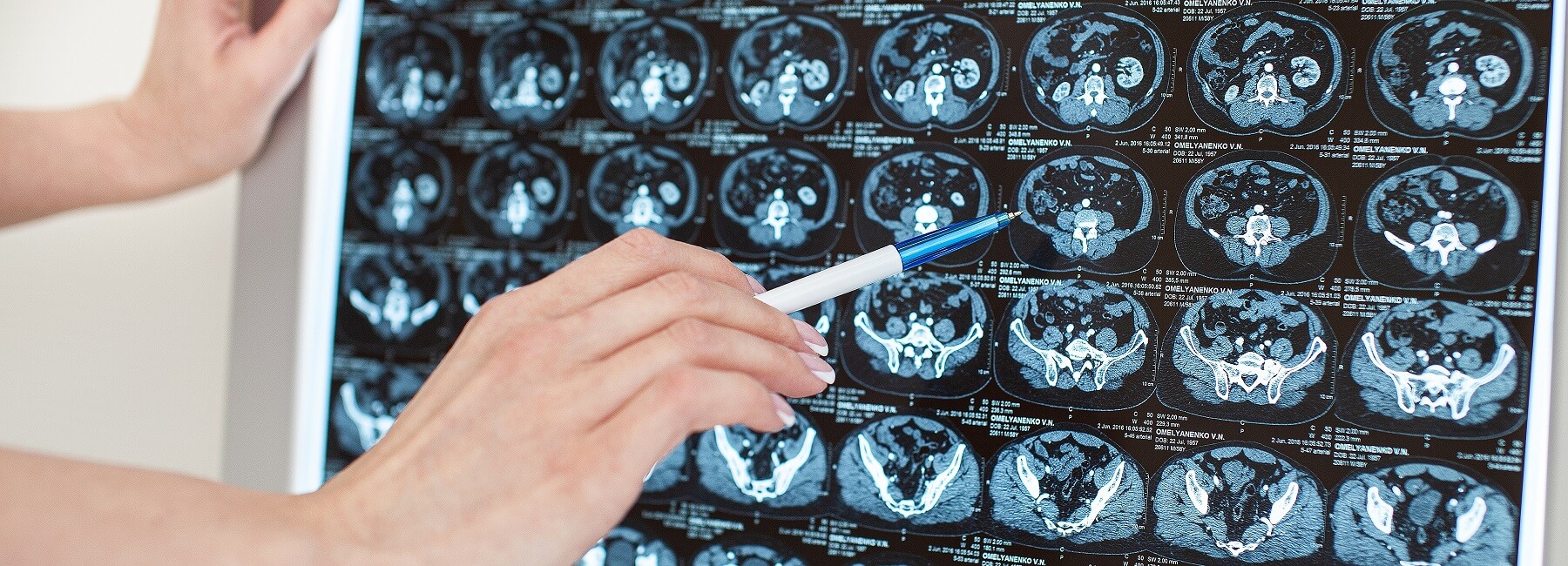Neurology is a field of medicine that deals with the causes of diseases of the peripheral and central nervous system, studies their development mechanisms and symptoms, and develops methods of their treatment, diagnosis, and prevention.
A neurologist is a specialist who conducts diagnosis, prevention, and treatment of diseases of the central and peripheral nervous system and the musculoskeletal system. They develop treatment options for pathologies of the brain and spinal cord, pain syndrome in the spinal column, sleep disorders, cognitive disorders, and neuroses. Additionally, a neurologist assists in the rehabilitation of patients who have suffered head injuries and strokes.

